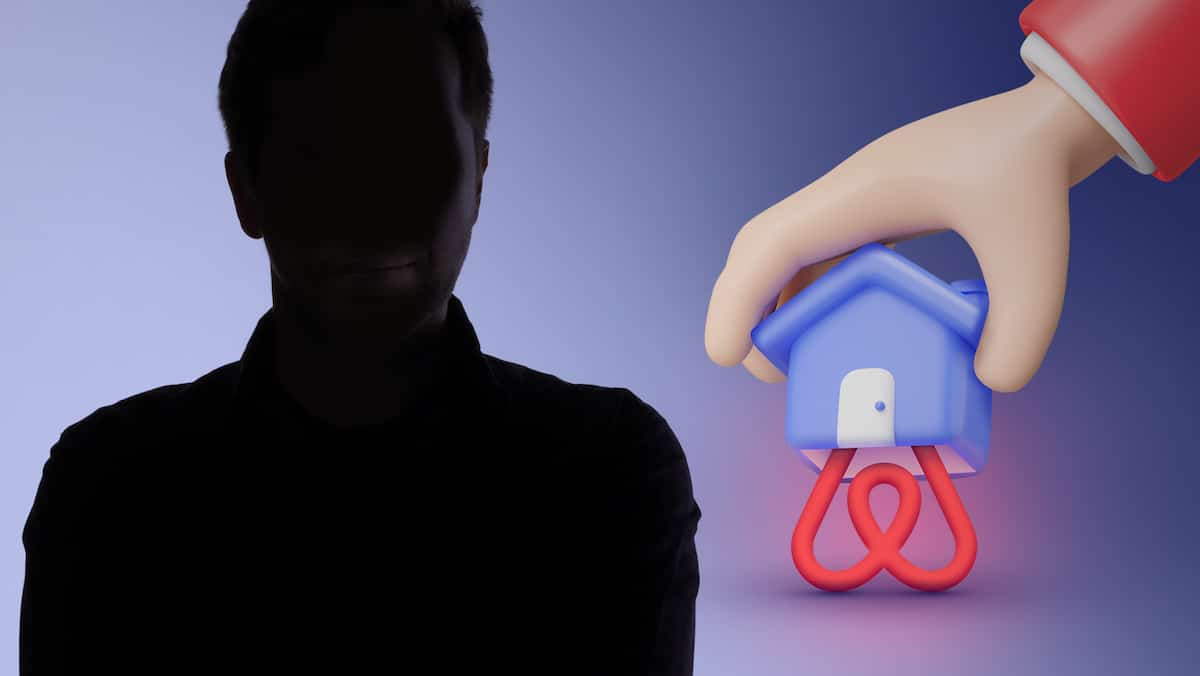Raising taxes to better fund public transportation is not a debate unique to Quebec. In France, several cities are also calling for an increase in taxes that have been collected from companies for decades, in the context of development, but also in order to “recover users.”
It was the turn of several French transport companies to appear and testify on Wednesday before the Montreal Committee on Finance and Administration, on the sidelines of the consultation on major cities' financing of public transport.
If a consensus emerges, it is that taxes to finance public transportation are already well established, but will continue to increase. Everywhere in France, there have been “mobility payments” since 1973, that is, a payroll tax collected from companies with 11 or more employees.
The tax rate varies depending on the size of each municipality. In Paris, for example, it is set at 3.20%, while in Lyon it is 2%. In 2022, this payment made it possible to free up to 5.3 billion euros, almost half the budget of Ile-de-France Mobility (IDFM), which manages public transport in the City of Lights.
Despite everything, even today, “we need to increase mobility payments, because they finance our operations, and allow us to improve the quality of service,” emphasized the Deputy Director General in charge of IDFM development, Elodie Hnein.
All of this comes at a time when an increase in the Vehicle Registration Tax (TIV) seems inevitable in Greater Montreal, due to the growing gap between the Legault government's initial offer of 200 million and the shortfall of 565 million carriers. The idea of increasing this tax by about 150%, from $59 to $148 per car, seems to be the most acceptable.
In Quebec, the idea of such a “mobility boost” emerged, which Minister Genevieve Guilbault mentioned upon her return from a mission to Paris last year. It is currently somewhat poorly received in the business community.
Return users
MI “The current challenge for us is also to win back users,” Haneen admits. “We are buying a lot of new trains that are more modern, more spacious and more comfortable. We are investing a lot in the cleanliness of the stations and security. […] All of this requires money, she explained.
At the dawn of the arrival of the Grand Paris Express (GPE), this huge Paris metro project with 68 new stations and 200 kilometers of tracks that La Presse visited at the beginning of May,I Hanin says that the funding issue is urgent. “There are suburbs or commercial areas like Defense that actually saw an increase in mobility payment at the beginning of the year, because they will benefit from the Global Partnership for Education.”
All this is added to the real estate tax imposed on the Parisian offices run by the Grand Enterprise Company – head of the Global Partnership for Education – which today makes it possible to free up hundreds of millions of euros annually.
In Paris, the tax on petroleum products also generates 90 million euros annually. Public authorities have also taken other options, including the recent increase in the tourism tax to release €200 million.
Further south, in Lyon, the ability to dynamically increase certain fees “allows us to invest aggressively,” said Vincent Monnot, vice president of mobility agency Citral. “We are giving ourselves the means to leverage every lever to free up resources,” he said, as his group works to deliver three new tram lines.

“Music guru. Incurable web practitioner. Thinker. Lifelong zombie junkie. Tv buff. Typical organizer. Evil beer scholar.”







